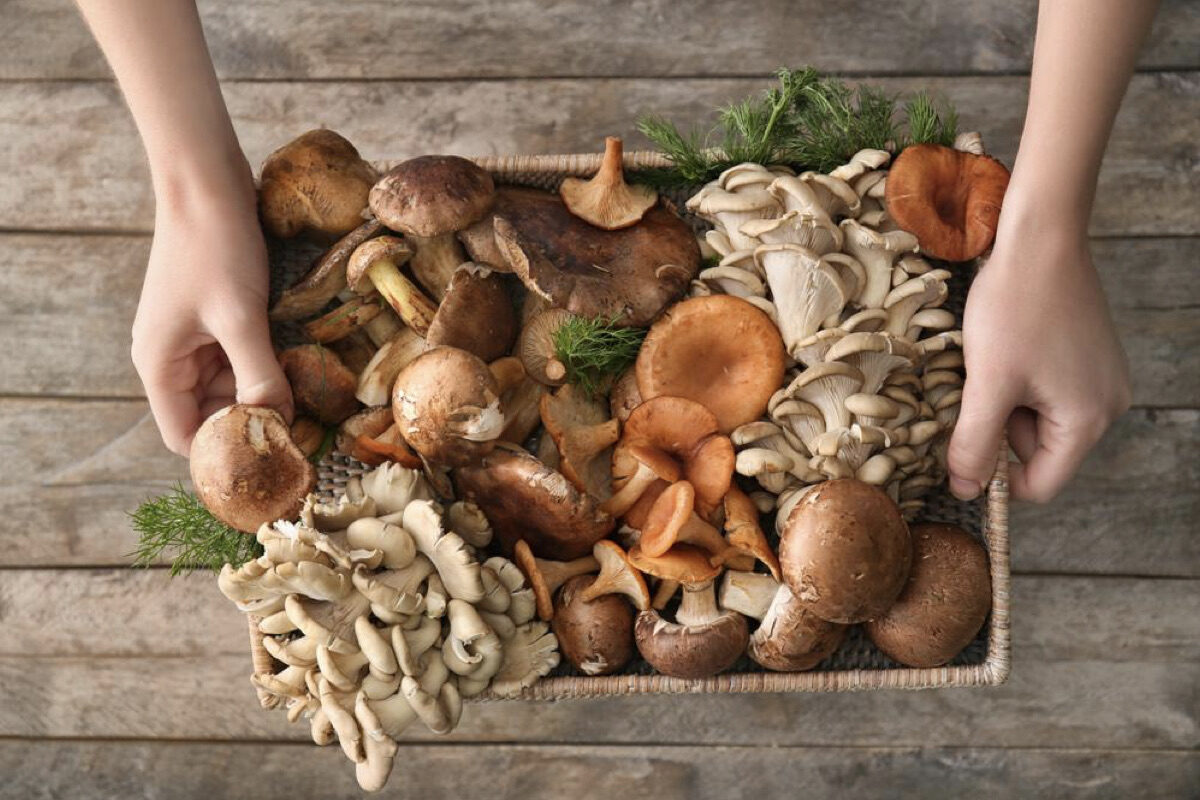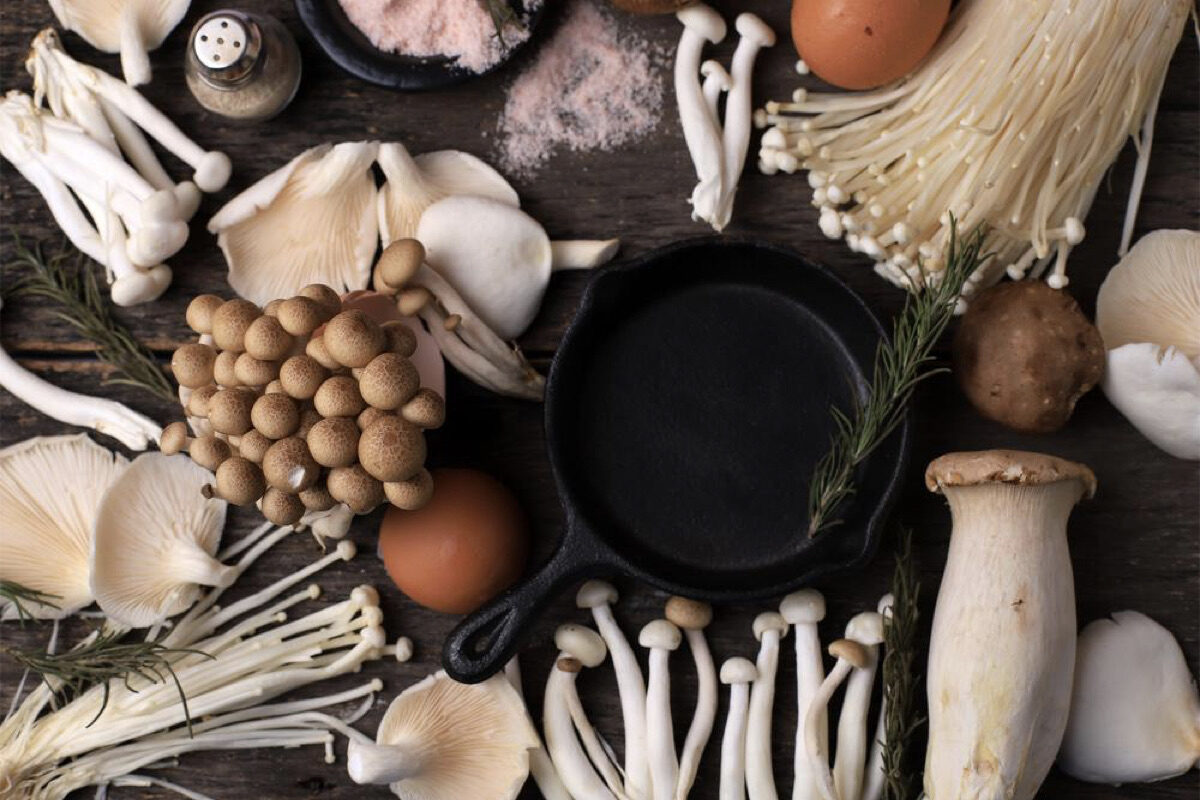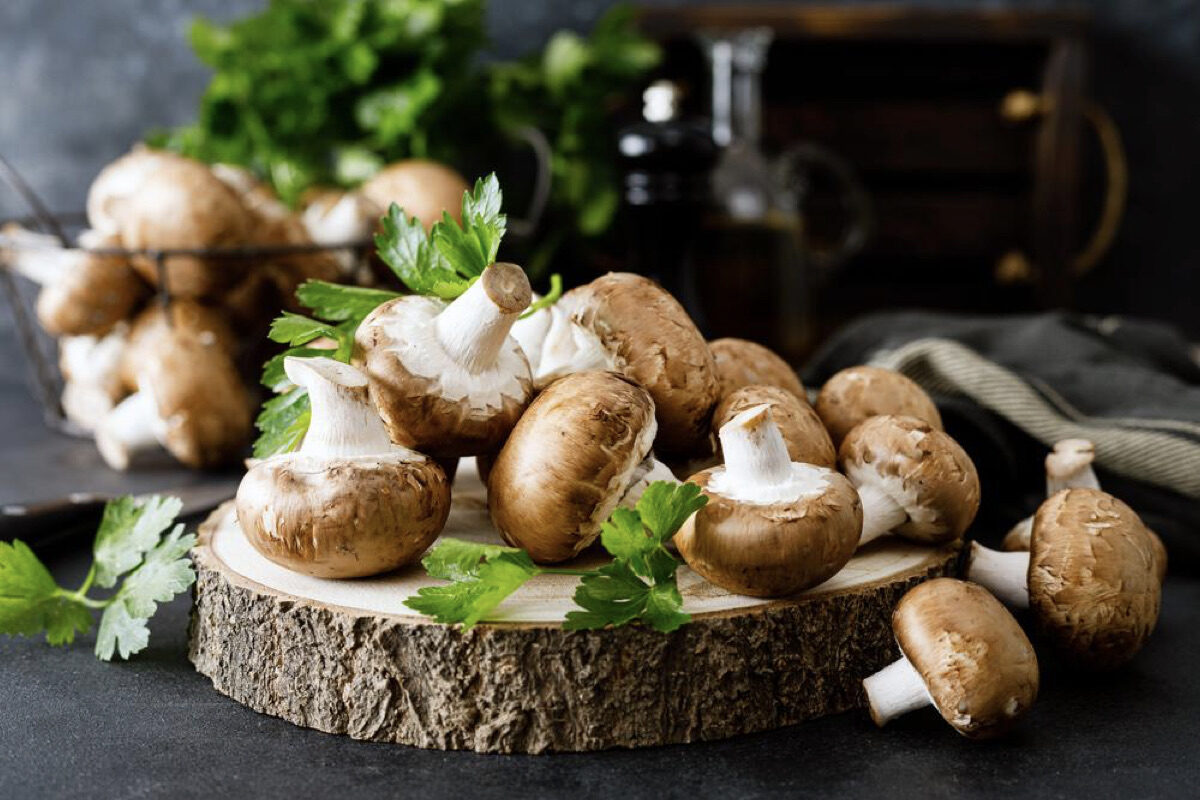


Dementia is a disease that affects the functioning of the brain. It can have a severe impact on a person’s cognitive and behavioral response, reducing his or her ability to lead a normal life.
Hu Naiwen, a traditional Chinese medicine (TCM) physician at the Shanghai Tong Te Tang in Taiwan, said in his Youtube program “Hu Naiwen’s Lecture” that studies have confirmed that mushrooms can help prevent cognitive impairment. Hu also shared his insight on how to choose and prepare mushrooms to get the most out of them.
The most common type of dementia is Alzheimer’s disease. In March 2023, the Alzheimer’s Association of the United States released its latest data indicating that there are about 6.7 million Americans aged 65 and above suffering from Alzheimer’s disease. Without many breakthroughs in prevention, mitigation, or treatment, it is projected that this number could reach 13.8 million by 2060.
Since the outbreak of COVID-19, several studies have focused on both the impact of infection and vaccination on the brain and nervous system.
A 2022 study of 6,245,282 Americans aged 65 or older showed that the number of people infected with COVID-19 and subsequently diagnosed with Alzheimer’s disease within 360 days of initial diagnosis was significantly higher compared to people without COVID-19 infection. The highest risk groups are those aged 85 or older, as well as women.
One study published in the journal Nature Medicine in September 2022, based on a comprehensive analysis of U.S. federal health data, found that compared with the uninfected, COVID-infected people had more neurological symptoms within the first year after infection. These include stroke, cognitive and memory impairment, migraines, and seizures.
Another study published in Nature Medicine in 2021 found that compared with a control group, people vaccinated against COVID-19 had an increased risk of developing neurologic complications, which also showed a greater risk of complications after testing positive for SARS-CoV-2.
Regarding managing dementia risk, Hu pointed out that mushrooms could have a role in prevention because they are rich in ergothioneine, which is a natural compound with strong antioxidant and anti-inflammatory effects which protect nerve cells from damage. This is likely to be an important element in preventing dementia.
Hu mentioned that a 2019 study conducted on a six-year follow-up survey on 663 elderly people over the age of 60 published in the Journal of Alzheimer’s Disease found that compared with participants who consumed mushrooms less than one serving (150 grams or 5.3 ounces) of mushrooms a week, participants who consumed more than two servings of mushrooms a week had a 43 percent lower risk of developing mild cognitive impairment (p=0.006), and this association was independent of age, gender, education, cigarette smoking, alcohol consumption, hypertension, diabetes, heart disease, stroke, physical activities, and social activities.
Hu said that mushrooms are generally divided into two broad types: fresh mushrooms and sun-dried mushrooms. Because of their exposure to the sun, the latter usually contain more vitamin D, which can help the body absorb and balance calcium.
In terms of application, Hu pointed out that mushrooms can be divided into three categories: medicinal mushrooms, poisonous mushrooms, and edible mushrooms. Medicinal mushrooms refer to fungi with medicinal effects such as Cordyceps sinensis, Poria cocos, Ganoderma lucidum, and Antrodia cinnamomea. However, a lot of mushrooms grown in the wild are poisonous. Avoid eating them by mistake; they may damage physiological functions and may even be deadly. Common edible mushrooms include oyster mushroom (Pleurotus ostreatus), beech mushroom (Hypsizygus tessulatus), enoki mushroom (Flammulina velutipes), golden oyster mushroom (Pleurotus citrinopileatus), shiitake mushroom (Lentinula edodes) and straw mushroom (Volvariella volvacea).
Among them, oyster mushrooms are petite in appearance and have a relatively short shelf life. They should be consumed quickly while they are still fresh. They have a smooth taste and are ideal for stir-frying with shredded pork. The beech mushroom is great for soup or cold salad but is not recommended for barbecue as it will affect the overall taste of the dish.
Enoki mushroom is one worth special mention. It is low in calories and rich in dietary fiber and is often used by dieters. The chitin, an amino polysaccharide common in nature, contained in enoki mushrooms can increase the number of probiotics in the intestinal tract, thereby improving constipation.
Hu suggested that when adding enoki mushrooms to the hot pot, it is best to cut them into three or four shorter sections, which is more convenient for the elderly and children to chew and digest. Due to its high fiber content, Hu suggested people with poor gastrointestinal function should avoid eating too much.
It has long been believed that there are just four basic taste profiles: sweet, salt, sour, and bitter. In 1907, Japanese chemist Kikunae Ikeda successfully extracted L-sodium glutamate from kelp soup and found that it was the substance that could produce umami. Mushrooms are rich in glutamic acid, so adding a little mushroom to stir-fry or stew can elevate the taste profile and give it complexity.
Ingredients:
Preparation: Combine ingredients in a hot pot and cook. Serve hot.
Hu said that this meal is low in calories, high in fiber, and gives you a sense of satiety, which not only maintains health and prevents dementia, but also helps you keep a healthy weight.
Ingredients:
Preparation: Wash shiitake mushrooms and soak them in 300 milliliters of water at room temperature until they soften. Cut them into 1-millimeter-thick slices for later use. Boil the 1,500 milliliters of water and put the chicken pieces into the pot. Skim off the (oily) foam. Then add shiitake mushroom slices, ginger, red dates, water, and salt. Bring back to a boil, then switch to low heat and simmer.
Hu emphasized that the longer the cooking time, the better, as almost all the nutrients will be released into the soup.
Hu shared two tips for choosing fresh shiitake mushrooms:
- The gills should be distinct and radial, arranged neatly and not stacked together.
- Fresh mushrooms are tall and elastic, with a dry surface and clean color without softening, water seepage, or discoloration.
Hu said that fresh shiitake mushrooms do not need to be soaked in water during cleaning to avoid the loss of aroma and taste. You can pat the shiitake mushrooms lightly to remove the sediment inside the gills, and then quickly rinse the dirty parts with running water or wipe off the surface dirt with a paper towel dipped in clean water.
It is best to cook soaked shiitake mushrooms as soon as possible to avoid discoloration and mold. Moldy shiitake mushrooms should never be eaten to avoid any negative effects.
Hu said that when fresh shiitake mushrooms are stored, they must be wrapped in dry kitchen paper and put inside a fresh-keeping bag. Refrigerate without sealing.
Hu emphasized that certain types of people should avoid eating shiitake mushrooms.
- Mushrooms contain a lot of purine, which can easily induce or aggravate gout, so patients with gout or chronic kidney disease should not eat too many shiitake mushrooms.
- Shiitake mushrooms can be inflammatory, so people with inflammation should avoid them so as not to worsen their symptoms.
- Pregnant women should not eat shiitake mushrooms to avoid fetal skin allergies.


